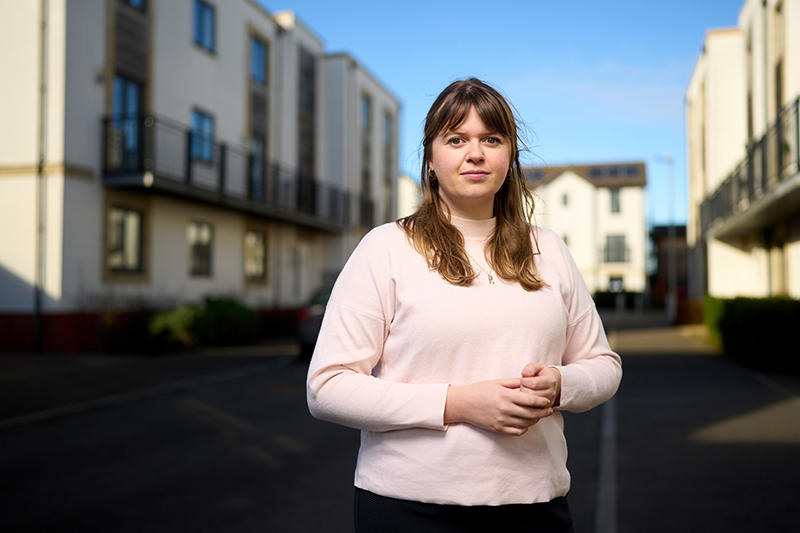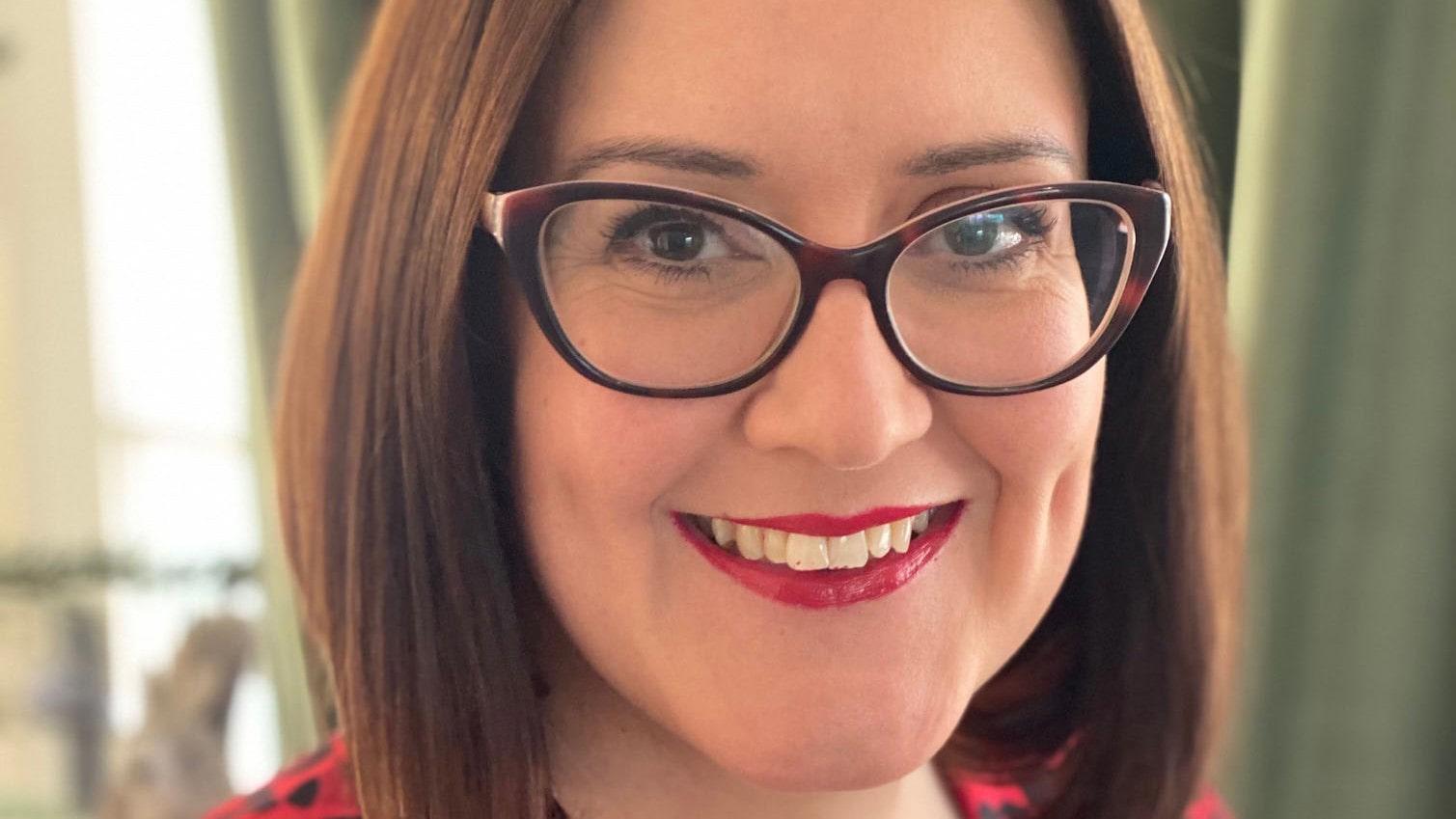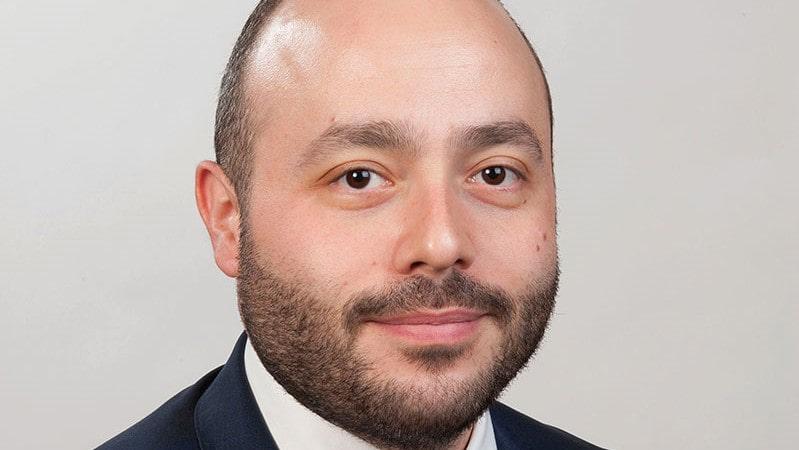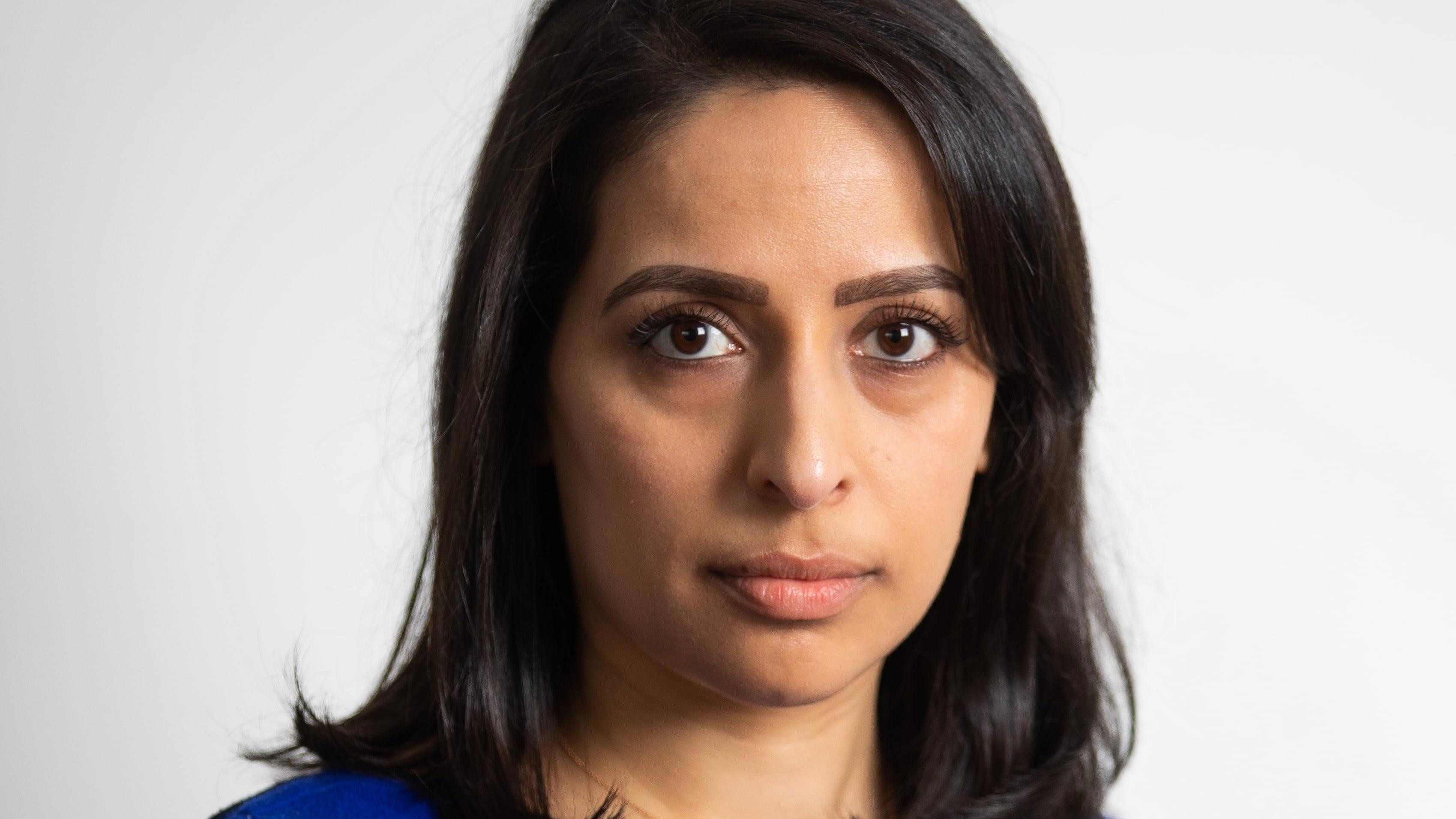When Becky Fisher and Simon Fleming co-authored a paper on sexual assault in surgery, they knew it would have an effect – but didn’t expect it to gain quite so much attention. Published in the Royal College of Surgeons of England’s Bulletin, Sexual Assault in Surgery: A Painful Truth detailed the specialty’s problem with sexual harassment, including rape.
The response was immediate – doctors, most of them women, shared information about their own experiences.
One described how she was left with PTSD after her educational supervisor repeatedly propositioned her – including grabbing her hand and putting it on him and asking her to come home with him as his family were away. She was a specialty trainee 3 at the time – and he repeatedly reminded her that he had the power to end her career.
 FISHER: Hopes to embolden people to speak out against sexism
FISHER: Hopes to embolden people to speak out against sexism
Another wrote a letter also published in the RCSE’s Bulletin detailing the continuum of sexism, including sexual harassment, she had experienced, predominantly during surgical training.
This included alleged assault by a member of the theatre team, who would repeatedly seek physical contact with her, including rubbing his erection against her thigh. Her attempts to complain about the problem were unsuccessful – and at no point did anyone suggest she contact the police.
Gender imbalance
Despite many initiatives over the decades, gender balance in surgical specialties is still a long way off.
The RCSE’s Women in Surgery network points out that the ratio of male to female consultant surgeons is approximately eight to one.
While some specialties, such as paediatric surgery, have a higher proportion of female consultants, others – particularly trauma and orthopaedics and neurosurgery – are lower still.
 HAMILTON: Expected to follow a family-orientated career
HAMILTON: Expected to follow a family-orientated career
It was partly to try to change the culture that Laura Hamilton founded Women in Orthopaedics. A consultant orthopaedic surgeon in Sussex, she says that barriers remain for women who wish to take that path.
‘No one really encouraged me to be a surgeon, but I wouldn’t let anyone talk me out of it. The more that people were shocked or responded dramatically, the more that made me want to do it.’
I was asked if I could handle the stress, could I make decisions... like women can’t make hard decisionsDr Hamilton
As a woman, people made assumptions about her, she says, including that she would want to follow a career considered to be more geared to having a family.
‘I found that very annoying because people talked to me about kids all the time and I wasn’t really bothered about having kids when I was 20. Then there were other barriers. I was asked if I could handle the stress, could I make decisions, lots of comments like that – like women can’t make hard decisions. I’ve had lots of comments like that over the years.’
As it happens, Miss Hamilton does combine her 12-PA consultant job with being a mother of two, but being a consultant hasn’t stopped the sexist assumptions. Being called ‘Laura’ at work when her male counterparts are called ‘Mr’, being asked (by a patient who was also a senior doctor) what she wanted to do when she finished training when she had literally introduced herself as the consultant orthopaedic surgeon, having colleagues on a trauma team decline to believe she was an orthopaedic surgeon – all of these have been a part of her life and career.
‘Doing a ward round, if I had a male registrar or senior house officer with me, the staff, patients and other medics would always talk to them, not to me – there’s very much the presumption that men are in charge in surgery, more so than in medicine.’
Some said they had spoken out before and it had done more harm than goodDr Fleming
It starts with micro-aggressions, she says, which women in surgery face on a day-to-day basis, but, if unchecked, these can escalate into misogyny and even sexual assault.
‘There’s definitely a risk that if you accept the little cuts, the culture of misogyny will escalate, so I tend to put my foot down for seemingly trivial things.’
The other battle, she says, is that the ‘nice guys’ don’t recognise the extent of the problem. ‘So, every time we tell them a story, they are shocked and appalled, but they say it must be a one-off.
They don’t see it every day like we do, so they think we’re being over-dramatic. It’s important to get men to be allies as women can’t get rid of misogyny without the help of men.’
On social media, we are seeing a movement of support and calling out of sexismDr Patel
This works two ways – Mr Fleming, a co-author of the Bulletin paper, has received flak for speaking out on this topic because, as a man, some people have said it isn’t his place.
Having been asked to write the paper because of his experience in tackling bullying and inequalities, he had contacted at least 20 women in surgery who had previously shared with him their experiences of sexual harassment, discrimination, assault and rape to ask them to co-author. Even when promised anonymity, they declined.
 FLEMING: Surgery has a problem with sexism
FLEMING: Surgery has a problem with sexism
It’s long been an ‘open secret’ that surgery has a problem with sexism, ranging from ‘bad jokes’ to sexual assault and even rape, he says. That helps to explain the reaction to the paper and the subsequent revelations from other women in surgery who were prompted to share their experiences.
‘Everyone is dismayed, sorry and angry, but nobody is shocked,’ he says. Mr Fleming, a trauma and orthopaedic surgery registrar in London, says he is well aware of his privilege as a straight, white male. But he believes that makes it even more incumbent on him to amplify the voices of those who have less privilege.
That includes calling out bad behaviour in surgery, mostly – but not exclusively – male to female, and usually with a power differential, affecting medical students and women earlier in their careers. Surgery is a relatively small community, he adds, so women can be afraid that it will harm their careers if they say no or speak out.
We know from what our members have said that it’s very difficult to speak outDr Patel
‘People say that consultants can’t affect your career,’ he says. ‘But that’s absolute tosh. Consultants talk to each other and you need sign-offs, and everyone knows that The Bulletin paper and aftermath prompted some to call this surgery’s ‘Me Too’ moment, in reference to the revelations about film mogul Harvey Weinstein.
The story was covered in The Times and the RCSE, other surgical bodies and Health Education England issued condemnatory statements. Even the health secretary Sajid Javid tweeted that he had raised the issue with NHS leaders.
But will it make any lasting difference? Miss Fisher, who is an SHO in general surgery in Gloucestershire, hopes so. ‘I don’t know where we go next – I want to say that we will keep on talking about it and that eventually it just permeates through.’
She hopes the publicity around the paper will embolden people in more toxic surgical departments to speak up against sexism – from so-called ‘banter’ to more serious incidents.
‘By making a big noise about it, then in the more difficult departments where these problematic behaviours are happening, it makes a forum for saying: “Oh, didn’t you see that thing – we’re not supposed to do that any more”. And also, I hope it will make people feel less alone.’
Action needed
The BMA’s own research into sexism in medicine confirms there is a problem – and it’s something that representative body chair Latifa Patel is determined to tackle. ‘From a personal point of view, this is shocking and appalling but it’s not a surprise,’ she says.
‘I think most of us – as women – have experienced it or witnessed it, and some men may have benefited from it. It’s really saddening that we’re in 2022 and this is still happening.’
 PATEL: ‘Most of us – as women – have experienced it or witnessed it’
PATEL: ‘Most of us – as women – have experienced it or witnessed it’
She would love this to be a ‘me too’ moment, and movement, but feels there’s a long way to go.
‘Certainly, on social media, we are seeing a movement of support and calling out of sexism, certainly from our allies who are men. But we also know from our survey results and from what our members have said that it’s still very difficult to speak out.’
The BMA sexism survey was followed by a roundtable event, and there are plans to continue this work, she adds.
‘The survey means we’ve got this really rich data which we can present to our stakeholders and our members and say this is a problem, we all need to sort it out, and here is the data.
'I don’t think any one can deny these results.’

